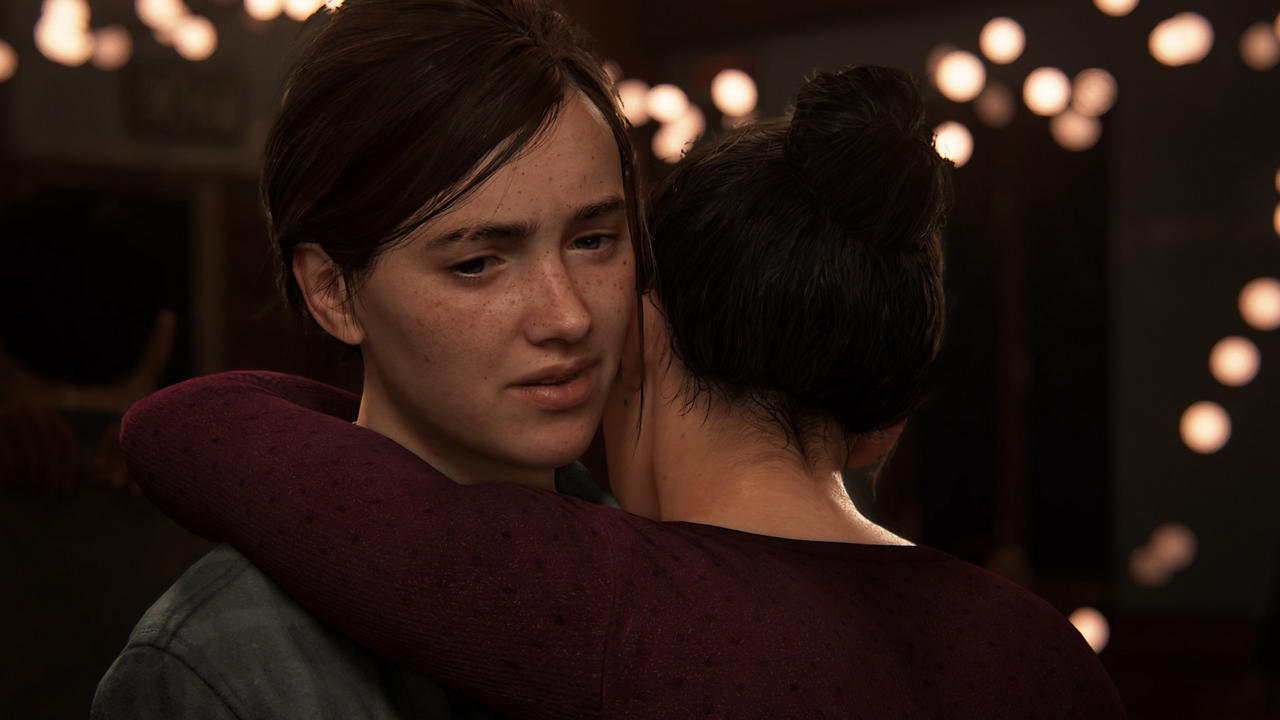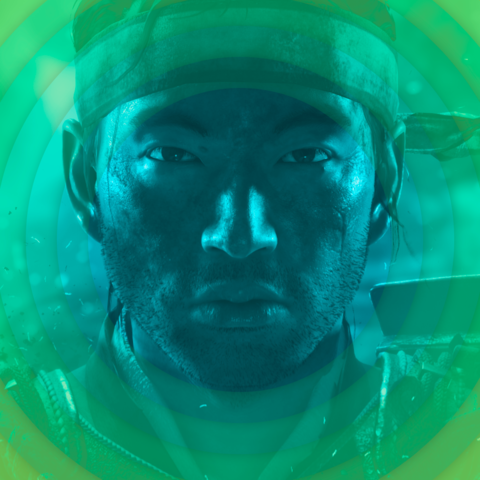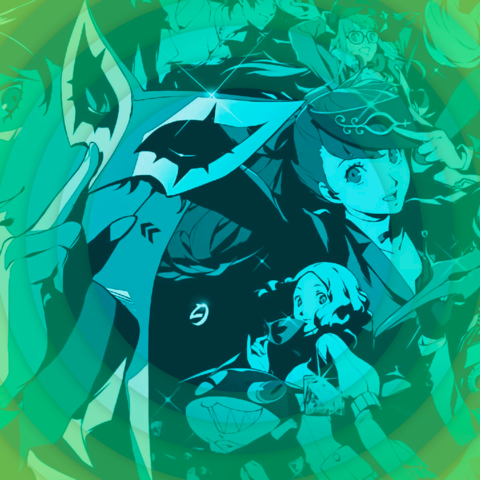Over the next week, we will be posting features for what we've nominated to be the best games of 2020. Then, on December 17, we will crown one of the nominees as GameSpot's Best Game of 2020, so join us as we celebrate these 10 games on the road to the big announcement. Be sure to check out our other end-of-the-year coverage collected in our Best Games of 2020 hub.
There's often a fine line that must be tread when making sequels: Give people what they want, but still surprise them with something different. The Last of Us: Part II's expanded scope offered even more to appreciate about Naughty Dog's harrowing post-apocalyptic world, yet the story of conflict between Ellie and newcomer Abby ultimately inspired an earnest and interesting, if at times heated discussion about storytelling in games. Along with being a great follow-up that ratcheted up the white-knuckle tension and anxiety of surviving in a post-apocalyptic world, its achievements in empathetic storytelling made The Last of Us: Part II one of the most unforgettable games of the year, and in PlayStation's history.
Like its predecessor, The Last of Us: Part II strives to tell a similarly profound story about the bonds that can form in the bleakest of circumstances, while this time introducing a second protagonist to both compliment and complicate a plot that is already wrought with heavy themes of morality. The Last of Us: Part II puts you in control of characters that are in uncomfortable positions so that it--and by extension you--are forced to examine the human condition and cycle of violence in the harshest of times.
The Last of Us: Part II is a revenge story, and the game's presentation is remarkably effective at getting you invested in the initial pursuit of righting a certain wrong. After the game's shocking opening act, which introduced us to Abby, Ellie proceeds with her odyssey across the country, going through that familiar yet engrossing cycle of survival, exploration, and heart-pounding battles to the death.
Playing The Last of Us: Part II feels satisfying and invigorating. There's a rush of adrenaline when facing off against rival factions or hordes of feral infected, whether you barely scrape by or take down your foes before they even know what hit them. There's a sense that the game presents its violence in a way that will always come off as cruel and unforgiving even in the name of survival, which effectively places you in that bleak atmosphere where you're forced to adapt to every situation the game throws at you.
Aside from the carnage, The Last of Us: Part II still shows remarkable tenderness and heartfelt moments that break this tension. Instances where Ellie and her girlfriend Dina talk about watching old movies like Point Break with Joel, or when Ellie remembers visiting an old museum, feel life-affirming--and are all the more effective when contrasted with their bleak realities in the present day. It's a difficult thing to balance, but The Last of Us: Part II succeeds at placing you in a world that can be surprisingly friendly and caring, yet demonstrably cruel and unjust. To survive its world, you have to adapt to the circumstances, but doing so often comes at a personal cost.
The Last of Us: Part II is a story bolstered by its characters, and seeing the sequel examine Ellie--one of the most iconic characters in gaming--through a sobering lens led to some of the most powerful and uncomfortable narrative moments of 2020.
This is a game that, when the storytelling hits its highest highs, plunges the player into deep emotional lows. While this can make for a grueling experience, it's still fulfilling to see events and character moments play out, and witness the nature of people bent and twisted by an unforgiving world filled with uncompromising people. There's a pervading sense of dread and sadness in watching Ellie's spiral into violence. Though it seemed justified from the outset, the game recontextualizes actions in a way that turns assuredness in your--and Ellie's--actions into self-doubt and even guilt. However, in its most profound moments, The Last of Us: Part II illustrated that Ellie, above all, was an adult who was fallible and could make catastrophic errors in judgment.
The switch to Abby in the game's second half is a significant turning point in the sequel. From here, we see Ellie not as the protagonist who survived David's camp in the first game, or as someone who had a peaceful reprieve with Dina in the sequel's opening act, but as the antagonist of someone else's story. If Ellie is the spine of the game, then Abby is its heart. The swap to Abby offered a rare and unique opportunity to examine Ellie and the chaotic events of the original game through the lens of someone who had gone through her own share of anguish.
What makes The Last of Us: Part II's approach to storytelling work is that it presents its revenge story from different sides, while examining Ellie with unflinching scrutiny. Abby, meanwhile, isn't innocent in her story, but her side is still a heartbreaking experience that ultimately feels more redemptive than it would initially seem. You see firsthand the slow deterioration of her inner circle following the end of her overzealous quest for revenge in the opening act, which gives rise to some unexpected growth with her eventual bond with outcasts Lev and Yara. In addition to the highs it reaches with the story, Abby's arc also includes some of the game's most intense and gripping gameplay sequences, with a particular highlight being the descent into a ruined hospital that houses one of the scariest monsters to ever grace the series.

At its heart, The Last of Us: Part II is a story bolstered by its characters, and seeing the sequel examine Ellie--one of the most iconic characters in gaming--through a sobering lens led to some of the most powerful and uncomfortable narrative moments of 2020. The addition of Abby heightened this sense of discomfort, yet the character manages to present some much needed perspective on the state of the game's world beyond the scope of the previous protagonists. For these reasons, The Last of Us: Part II also became one of the more controversial games of the year.
The Last of Us: Part II's choices in gameplay and presentation may not always make for a smooth landing, and it often takes a long time to see its payoff, but it manages to provoke a discussion and emotional response in the ways that matter. It can inspire impassioned conflicts and challenge beliefs, but does so in ways that foster growth and encourage seeking out new perspectives on the bleak setting of the series. With its story set in a morally ambiguous world where every character carries the scars of trauma, the sequel presents a question: Who among them gets to decide who's in the right? The Last of Us: Part II makes many brave and profound choices with its focus on the toxic cycle of violence and its study of Ellie as a character--and not just as a protagonist. In doing so, it is one of the most engrossing and painful experiences of the year, and it's a game you should not miss out on.









